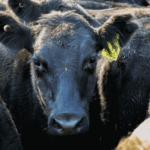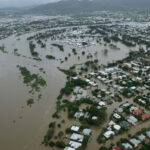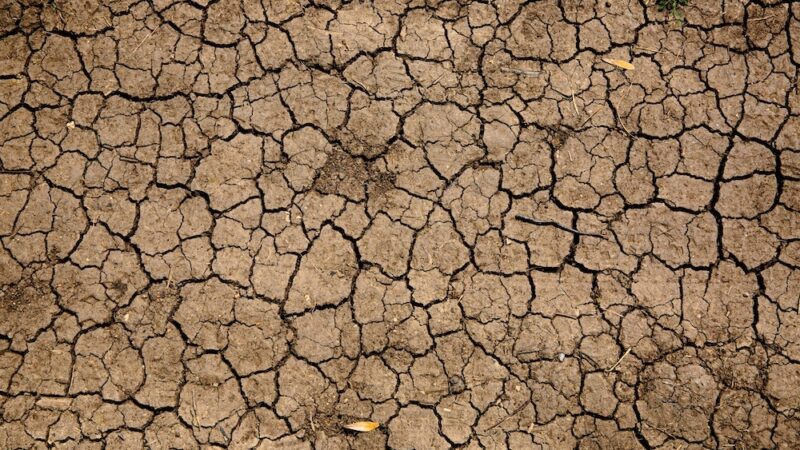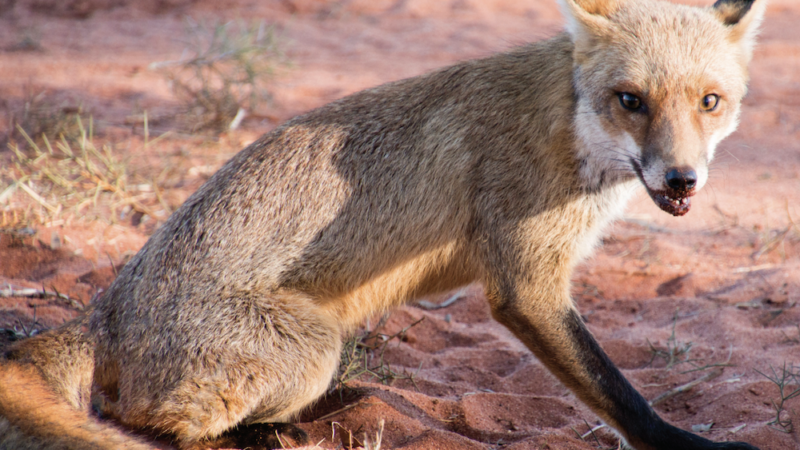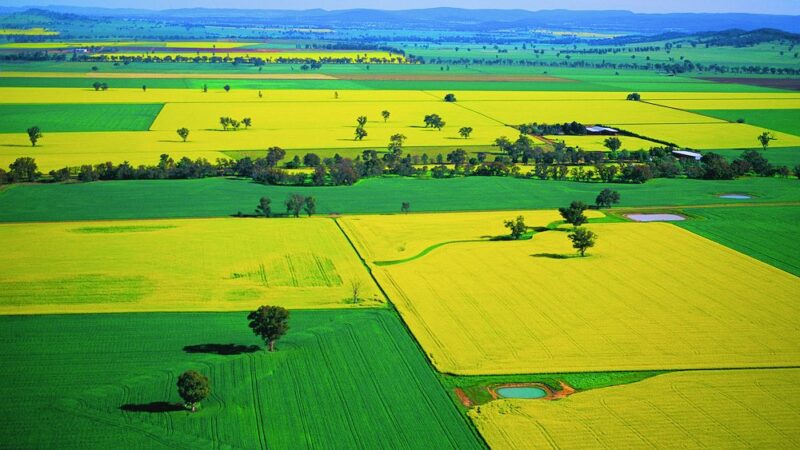A year of competitive bull sales, strong consumer confidence and a steady flow of new…
Kiwis tax sheep and cattle burps
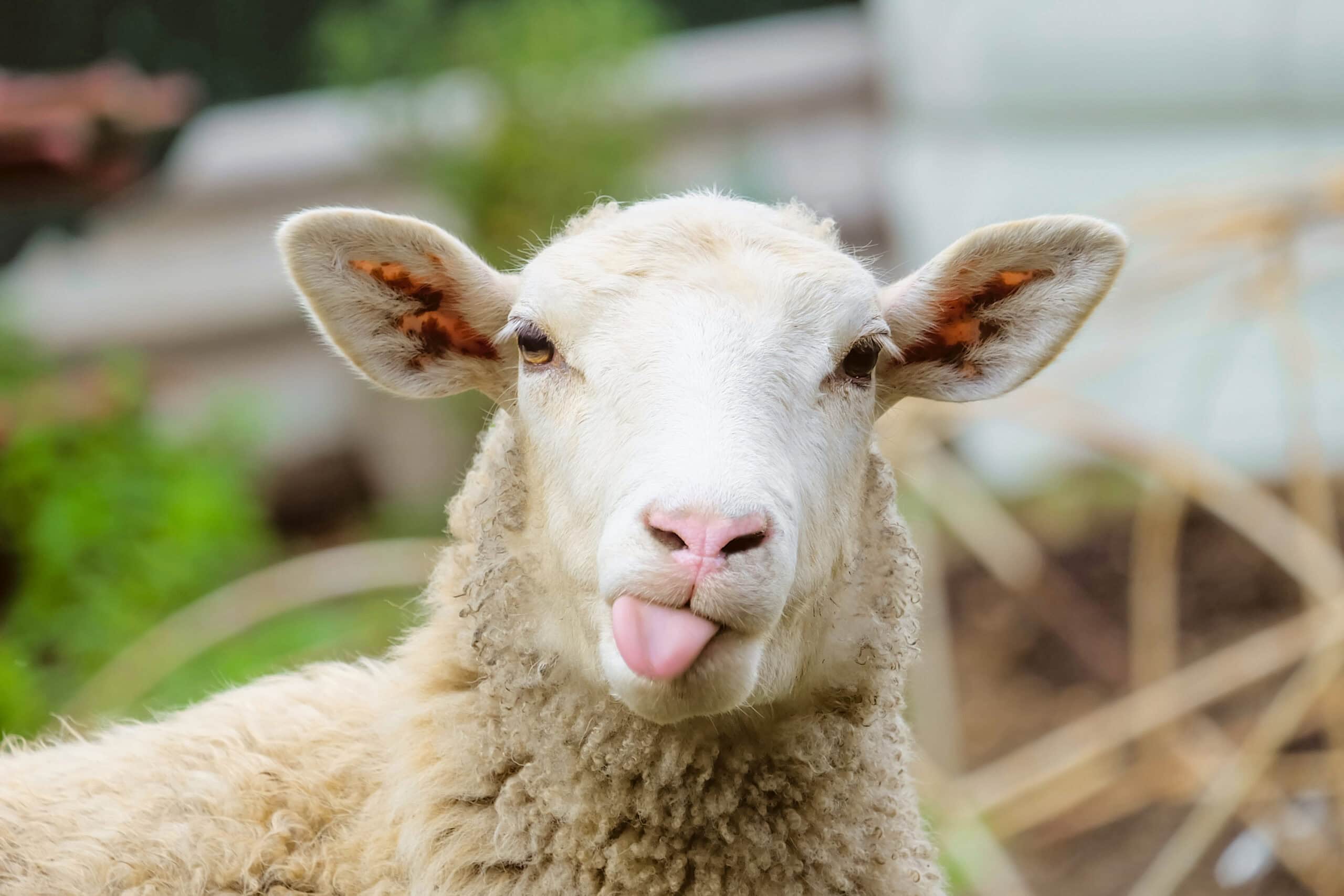
New Zealand is set to become the first country in the world to tax farmers for sheep and cattle burps as part of their net zero emissions plan.
The �burp tax� will start in 2025 and will include incentives for farmer who reduce their livestock�s biogenic methane emissions through feed additives such as seaweed.
NSW Farmers President James Jackson has warned the tax is based on misguided methodology that should not be repeated here. �It�s crazy � agriculture is the only industry that actively removes carbon dioxide from the atmosphere, and they�re talking about taxing farmers instead of the big emitters,� Mr Jackson said.
�This is based on some faulty logic that came out of Kyoto, and it�s really just placing slogans ahead of science.
�Agricultural businesses turn carbon dioxide into food every single day, and we have already done a lot of heavy lifting it terms of efficiencies, soil health and vegetation � we need better technology, not taxes, to reduce emissions.�
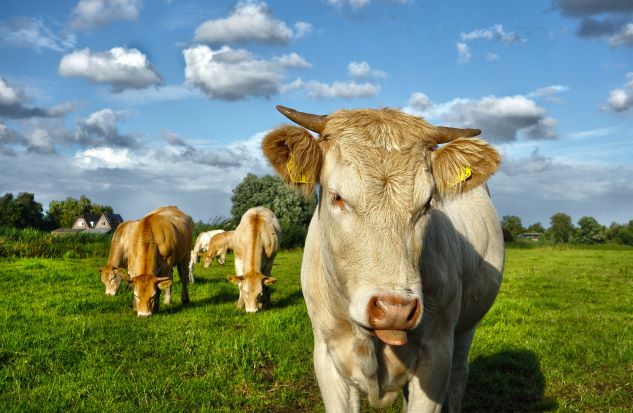
In Australia, the cost of living and household groceries has been an increasing concern for families, and Mr Jackson warned a tax on biogenic methane here would ultimately be passed on to consumers through higher food prices.
�A tax on livestock will become a tax on meat and dairy, and it�s Australian households who�ll ultimately end up paying it,� Mr Jackson said.
�People are already feeling the pinch with fuel prices and rising mortgages, the last thing they need is to be priced out of milk, sausages and mince.
�Farmers are highly exposed to any change in climate, and we�re already doing our part, but it�s disappointing to see our friends across the ditch taxed like this.�
The New Zealand government has pledged to fund research into other means of reducing livestock methane emissions such genetic selection and fitting animals with masks to capture the burps.
“We’ve been working with the government and other organizations on this for years to get an approach that won’t shut down farming in New Zealand, so we’ve signed off on a lot of stuff we’re happy with,� Andrew Hoggard, a dairy farmer and the National President of Federated Farmers of New Zealand, told the BBC.
“Nitrate and methane inhibitors, gene editing, animals bred for their lower methane �burping� � they�re the kind of advances that will enable New Zealand�s farming sector to continue to perform for the nation�s economy.�
If you found this story interesting, you might like to read our story on how seaweed can reduce livestock emissions here.


